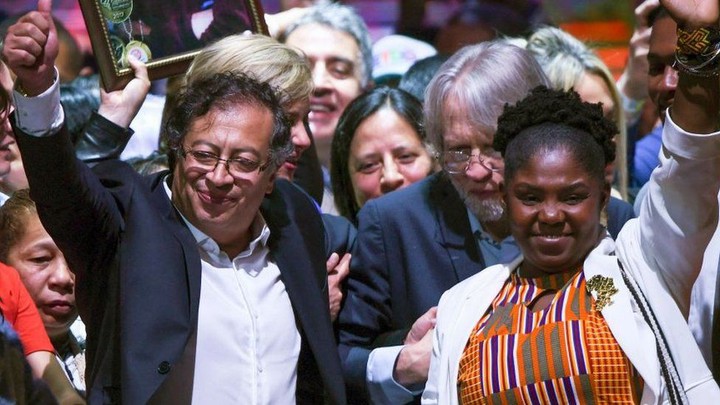How Ethnic Discrimination Shapes Political Reintegration After War: Insights from a Conjoint Experiment in Colombia

Abstract
The reintegration of former armed group affiliates into formal politics is a fundamental challenge for post-conflict societies. Arguably, this challenge is even more difficult in settings where ethnic discrimination is pervasive, since discrimination implies comparatively higher barriers to political reintegration for racialized ex-combatants. In this paper, we explore how ethnicity and armed group affiliation interact to shape electoral prospects. Specifically, we investigate whether participants in a conjoint experiment in Colombia discriminate between political candidates of European and African descent and whether politicians of different ethnic identities are differentially punished for ties to armed groups. We find that participants display a strong aversion toward politicians with armed group affiliations and that they discriminate against Afro-Colombian candidates. Furthermore, we demonstrate that biases are additive, in the sense that Caucasian and Afro-Colombian candidates are equally punished for associating with armed groups. Finally, we explore heterogeneous treatment effects to shed light on sources of ethnic discrimination and aversion toward former armed group affiliates.